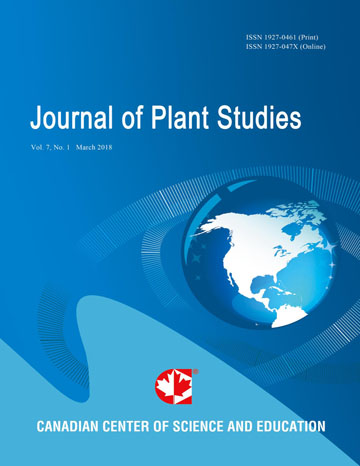Chlorococcum humicola (Nageli) Rabenhorst as a Renewable Source of Bioproducts and Biofuel
- Santhoshkumar K.
- Prasanthkumar S.
- J. Ray
Abstract
Among the diverse new generation biomass yielding species, green algae are the most promising organisms. Compared to biomass production of other organisms, production of algae is less laborious, quite fast, and more economical. Moreover, eutrophicated waters get naturally purified in the cultivation process of algae. Algal biomass from monoculture of specific species, which are rich in carbohydrates, proteins and lipids, is considered a good source of diverse bio-products and feed-stock for food, feeds and bio-fuels. Quantity and quality of algal biomass for specific products depend on the species and strains as well as environmental conditions of cultivation. In this connection, biomass productivity and oil-yield of a local strain of Chlorococcum humicola (Nageli) Rabenhorst was assessed in Bold’s Basal Medium. Long-term storage capacity of the alga was tried by entrapping the algal cells in sodium alginate beads, which showed viability up to 14 months. Estimation of total carbohydrate, protein, lipid and chemical characterization of oil as well as the feasibility of its conversion to biodiesel revealed the industrial potential of this local strain as a source of food and biofuel. Fatty acid profiling of the extracted oil showed that 70% are mono-saturated and 12.2 % are nutritionally important polyunsaturated fatty acids. The oil could be effectively trans-esterified to methyl esters and the conversion was confirmed by FTIR spectroscopy. Further standardization of the mass production of the alga in natural environmental conditions for biomass and oil is progressing to optimize its value as globally competent food, nutraceutical and biofuel resource.
 PDF
PDF
